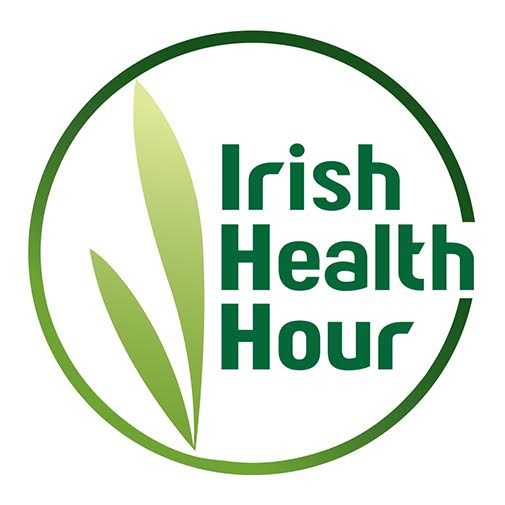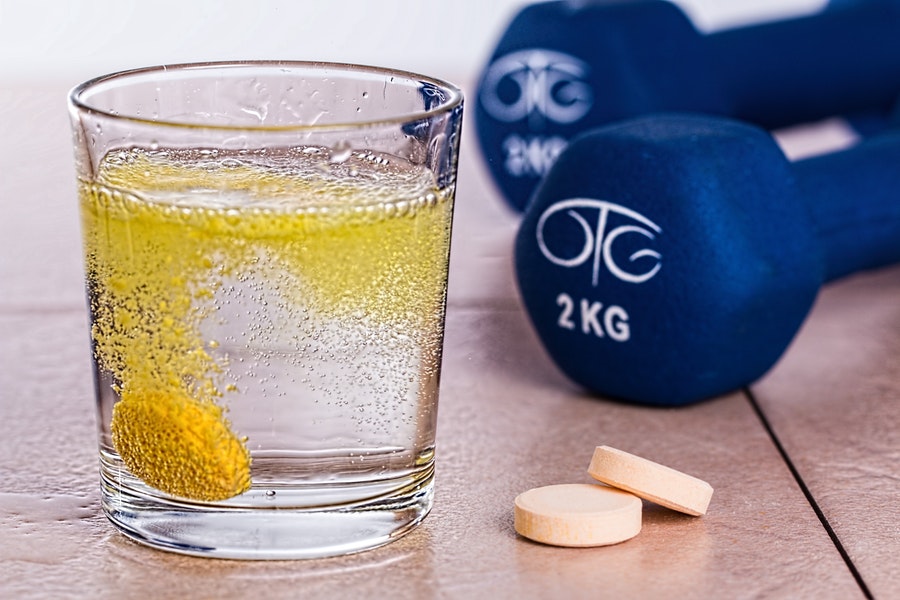The Importance of Magnesium for Muscle Recovery
Guest blog post from regular guest blog contributor Luke Douglas from ripped.me
Magnesium should be a part of every athlete’s recovery process. It’s an essential mineral that promotes good muscle volume and flexibility, but sadly it seems that it’s the most depleted electrolyte in people who exercise often. It also has some anti-inflammatory properties, so it can help prevent joint aches and even arthritis, and it makes it possible to exercise for longer and avoid muscle soreness. To find out more what magnesium can do for you and how you can make sure you are getting enough of it on a daily basis, read on for some tips and tricks.
Benefits of magnesium
This multi-tasking mineral affects a lot of processes in your body – from your nerve function, to your cardiovascular system, it’s there to help the body maintain a steady balance and give it enough energy to function properly. Bone health, joint health, and hormonal interaction are also affected by magnesium, so getting enough of it is quite an important thing. Magnesium metabolizes various nutrients and stimulates the production of enzymes that create ATP (adenosine triphosphate), which is the chemical your body breaks down to create energy. The more you exercise, the faster it’s depleted, and that’s why a lot of athletes and fitness enthusiasts have a magnesium deficiency.
Symptoms of magnesium deficiency
The symptoms are mild enough to sometimes go unnoticed, and a lot of them can be attributed to straining our body and pushing it to work harder. Achy joints, muscle spasms, soreness, and an ever-present tension are some of the most common symptoms, along with lack of energy and prolonged recovery time. Is your workout straining you more than it’s supposed to? It’s quite possible that you’re having so many difficulties with it because your body simply isn’t getting enough energy. It’s always a good idea to see your doctor and have them do a blood analysis to check your magnesium and your hormone levels if you constantly feel tired and drained.
Daily nutrition and supplementation
The biggest issue with magnesium is that it’s a little difficult to get your recommended daily intake through diet alone. Over the years and with the different way we grow and process food, magnesium levels have dwindles from vegetables and whole grains, so a better option is to eat organically-grown food and use supplements. Simply taking magnesium tablets daily can easily help you restore optimal levels of this mineral in your blood; and as long as you are consistent with the consumption you’ll have nothing to worry about. Foods that are rich in magnesium are tofu, nuts, avocado, dark chocolate, and a few others, so you can combine these with proper supplementation and get your energy levels back.
Muscles and transdermal intake
In addition to helping you build more lean muscle and perform better during workouts, magnesium can also ease pain and cramping. Athletes who receive an injury often use topical products such as sprays, gels, and ointments to rub into the sore spot and have it be instantly absorbed into the skin. This is a great idea for anyone who exercises regularly because it promotes muscle regeneration, but it’s also something you could definitely use for sports massages. It’s also possible to get magnesium in bath salt form, so why not organize a relaxing spa day to recover from strain? Simply draw a hot bath filled with magnesium salts and essential oils and let your body heal as you enjoy the hot water. Do this on your rest days when you’re taking a break from your workouts, or do it if you’re feeling particularly sore and achy.
It’s worth noting that magnesium isn’t something that’s only there for professional athletes and people who work out a lot. Regular people who generally have trouble motivating themselves to start exercising because everything feels too hard could benefit from stabilizing their magnesium as this will make it easier to perform a workout and have more energy. So, eat the right food, grab some supplements, and use topical magnesium when you’re experiencing a muscle spasm or any sort of ache, and you’ll be well on your way to reaching your peak performance.

